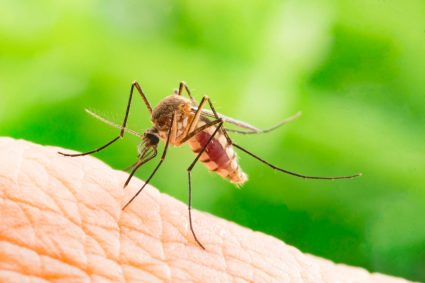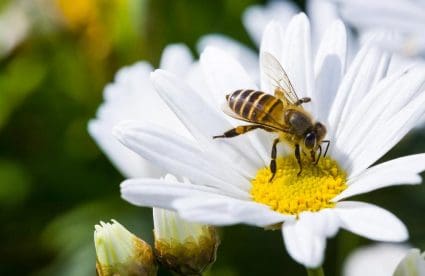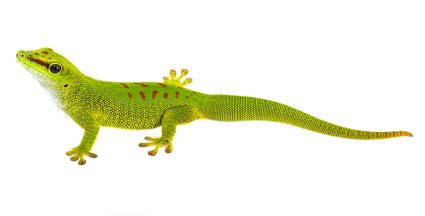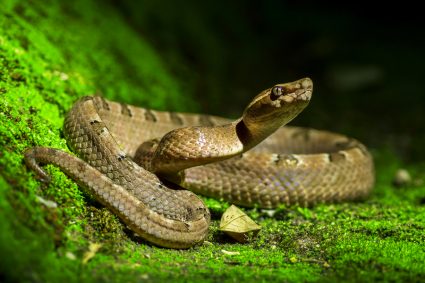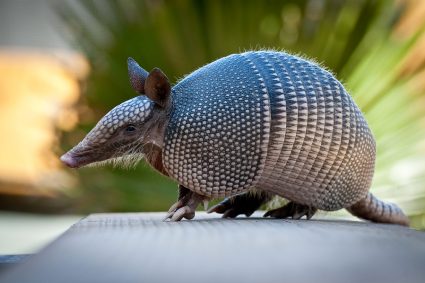
Cats, known for their independent and sometimes aloof nature, are often perceived as being particular about their company. While it’s not entirely accurate to say that cats ‘hate’ certain animals, they do have natural instincts that can make them feel threatened or uncomfortable around certain species. However, it’s essential to remember that each cat is unique, with its own set of likes, dislikes, fears, and friendships.
Cats don’t necessarily ‘hate’ certain animals, but they can feel threatened or stressed by dogs, larger predatory animals, and sometimes other cats. Certain dog breeds with high energy levels or natural instincts to chase can cause stress in cats. Larger predators like coyotes or wolves can cause fear and defensive behavior in cats. Smaller animals like rodents or birds might not be avoided by cats but hunting them could pose risks. However, each cat’s reactions can greatly vary depending on its personality, past experiences, and socialization.
Common Animals that Trigger Fear or Stress in Cats
Cats can experience fear or stress due to various animals and situations. Dogs, predatory animals, and other cats are often the biggest sources of anxiety for our feline friends. Dogs, in particular, can cause stress in cats due to their barking and sometimes aggressive behavior. Cats may also feel threatened by larger birds, such as crows or hawks, which could potentially prey on them or their offspring.
Dog Breeds that Cats Typically Dislike
While it’s not accurate to say that cats typically dislike specific dog breeds, there are certain breeds that may be more prone to chasing or attacking cats due to their natural instincts or high energy levels. These breeds include American Pit Bull Terrier, Scottish Deerhound, Greyhound, Samoyed, Australian Cattle Dog, Beagle, Jack Russell Terrier, Miniature Schnauzer, Siberian Husky, and Rhodesian Ridgeback.
However, individual dogs within these breeds may still get along well with cats, especially if they are socialized and trained from an early age. The compatibility between dogs and cats depends on various factors, including the specific dog’s temperament, upbringing, and the cat’s personality.
Cats’ Reactions to Larger Predators
Cats generally react to larger predators like coyotes or wolves with fear and defensive behavior. When faced with a larger predator, cats may try to escape or defend themselves, but they are generally at a disadvantage due to the size and strength of predators like coyotes and wolves. To protect cats from such predators, it is recommended to keep them indoors or supervise them when they are outside, especially at night.
Cats and Smaller Animals
Cats may not necessarily avoid or feel threatened by smaller animals like rodents or birds, but they might avoid hunting certain species due to the risk involved. For example, cats may avoid hunting rats because a bite from a rodent could lead to infection or injury. Birds may sometimes attack cats if they feel threatened or if they are defending their nests or territories.
The Science Behind Cats’ Dislikes
There is no definitive scientific evidence explaining why cats might dislike certain animals. However, cats are social creatures, and their behavior can be influenced by various factors, such as their environment, upbringing, and individual personality. Cats’ relationships with other animals can be influenced by their environment and experiences.
Specific Behaviors that Trigger Hostility in Cats
Cats may display aggression when they perceive another animal as a threat to their territory or resources. Fear-based aggression can be triggered when a cat feels cornered or threatened by another animal, causing it to lash out in self-defense.
Differences Between Domestic and Feral Cats
Domesticated cats and feral cats may have different reactions to other animals due to their varying levels of socialization and exposure to different environments. Domesticated cats are more likely to have positive interactions with other animals due to their socialization and exposure to various species, while feral cats may exhibit more aggressive and defensive behaviors.
The Role of Early Exposure and Socialization
Early exposure and socialization can indeed alter a cat’s natural dislikes or fears towards certain animals. To socialize a cat, it is essential to provide plenty of positive experiences with humans, other animals, and environments that the cat might encounter as an adult.
Conclusion
Understanding a cat’s fear or dislike of certain animals can help improve their quality of life and your bond with them. Recognizing the signs of fear or aggression in cats can help prevent injury to pets and people. Remember, each cat is unique, and their reactions to other animals can vary greatly depending on their personality, past experiences, and socialization.
Frequently Asked Questions
Can cats and dogs coexist peacefully?
Yes, cats and dogs can coexist peacefully in the same household. The key is proper introduction and socialization. It’s important to monitor their interactions, especially in the early stages, to ensure that both animals feel safe and comfortable.
How can I help my cat feel less threatened by other animals?
You can help your cat feel less threatened by other animals by providing a safe and secure environment. This includes a quiet, private space where your cat can retreat if they feel threatened. You can also use techniques like positive reinforcement to encourage your cat to interact positively with other animals.
Do cats get along with other cats?
Cats can get along with other cats, but it often depends on their individual personalities and how they are introduced to each other. Some cats may enjoy the company of other felines, while others may prefer to be the only cat in the household.
Can a cat’s dislike for certain animals change over time?
Yes, a cat’s dislike for certain animals can change over time. This can be influenced by a variety of factors, including positive or negative experiences with these animals, changes in the cat’s environment, or the cat’s age and health status.
Are certain cat breeds more likely to get along with other animals?
Cat breeds do not necessarily dictate how well a cat will get along with other animals. However, some breeds are known for their sociable nature, like the Maine Coon or the Siamese, which might make them more likely to get along with other pets. However, each cat is an individual and their personality and experiences will play a significant role.

